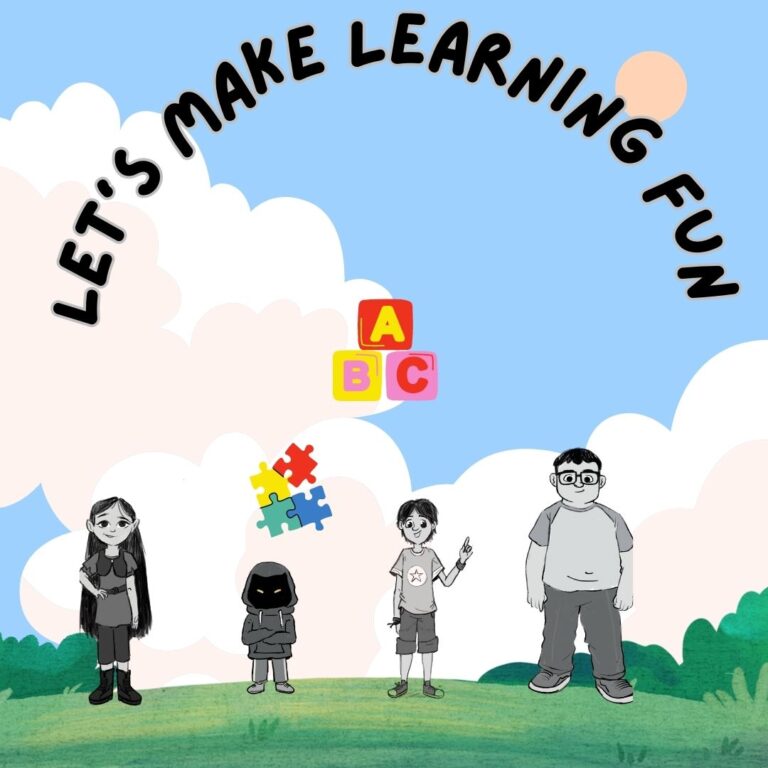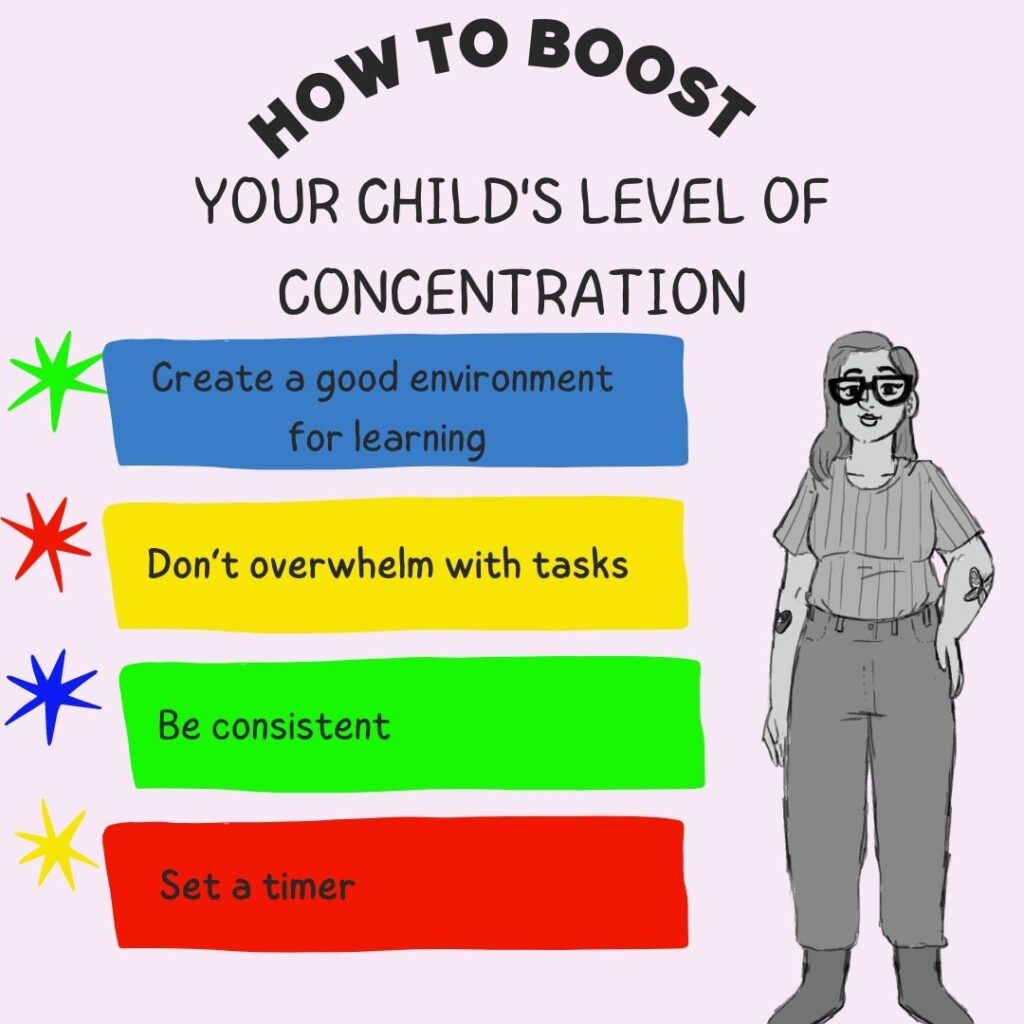
Even adults deal with distractions once in a while, so kids being distracted should not come as a surprise, especially in today’s fast-paced world. Many children struggle with concentration for different reasons, especially now when there are a lot of gadgets and devices to keep them busy. You play a pivotal role as a parent, ensuring that your children are able to develop the ability and skill to focus and engage deeply in different tasks. The keyword is “deeply, because there is no point keeping them busy if they are not doing anything productive or worthwhile. In this article, you will get to learn about effective strategies that you can use to help boost your child’s level of concentration and set them up for success.
READ NEXT: Have you already had the “bullying chat” with your champs? Get Access to FREE anti-bullying resources for ages 5-10.
Create a good environment for learning
Work on creating an environment that is suitable for learning. Make sure that they have a comfortable, quiet, and clutter-free space to study or do their homework. They surely do not need the radio, your phone, the television, or other sources of noise distracting them. You can also try using noise-blocking headphones, but I’d personally advise that you just try to keep distracting things away from them. There are some kids who find themselves more productive when there is music on. If you have a kid like that, you have to choose songs that are soothing and instrumental, not loud or lyrical. Studying and trying to keep up with the lyrics of a song is not exactly the best way to learn, if I am being honest.
Don't overwhelm them with tasks
Every parent believes that their kids are capable of doing a lot of things, and that is completely normal, but be careful not to overwhelm them with tasks and expectations so that they don’t end up doing everything and not being good at any. You remember the saying that a jack of all trades is a master of none? When you give your children instructions, you have to ensure that they are simple, clear, concise, and straight-forward, and you have to ensure that they are not overwhelmed or confused. You can ask them to repeat what you said so you can ensure that they understand you.
Be consistent
Consistency might sound kind of out of place here, but it is very relevant if you want to help your kids stay focused. Having a well-structured routine provides this sense of stability that will in turn boost your kid’s concentration since they will have gotten used to doing this over and over again. I know that most kids generally love being spontaneous, but that would not be able to help them focus on one thing at a time, hence the lack of concentration, and then you will find your children being busy all day and not really doing anything productive. You can even set fixed times for things like dinner, study sessions, playing, and resting. The consistency of following these routines and fixed times every day will help your child’s brain prepare for what is ahead.
Set a timer
You can also consider setting a timer when they are working because most children find it hard to focus for a long period of time. It is very easy for them to get disinterested, bored, and restless when they are too focused on something. To keep them on track, use a timer to break down their tasks into smaller chunks. For example, you can set a timer for 15 minutes and ask your child to answer some science questions before the timer goes off. You can give them a few minutes break after that to maybe stretch or play a bit. To improve their level of concentration at a stretch. You can also try increasing the amount of time they spend working before a timer goes off every day. Even a minute difference is not too small, and with time, you will find that your kids are able to concentrate on studying longer than they could before.
Conclusion
Improving a child’s concentration is not an easy fit, but it is very much possible with practice, persistence and patience. By following these tips, you can help your child develop their concentration skills and enjoy learning more.
READ NEXT: Have you already had the “bullying chat” with your champs? Get Access to FREE anti-bullying resources for ages 5-10.
Most Popular
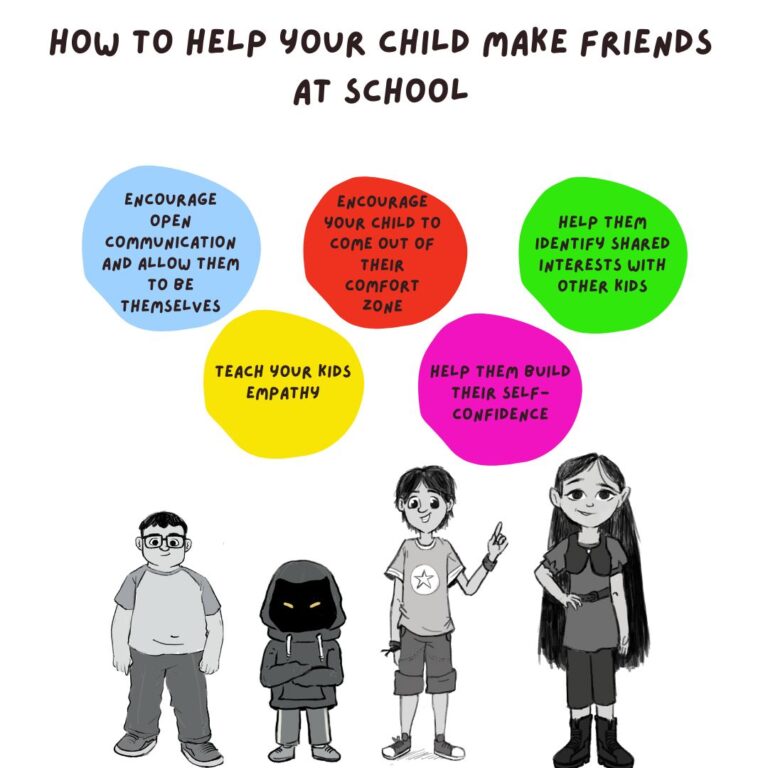
How to help your child make friends at school
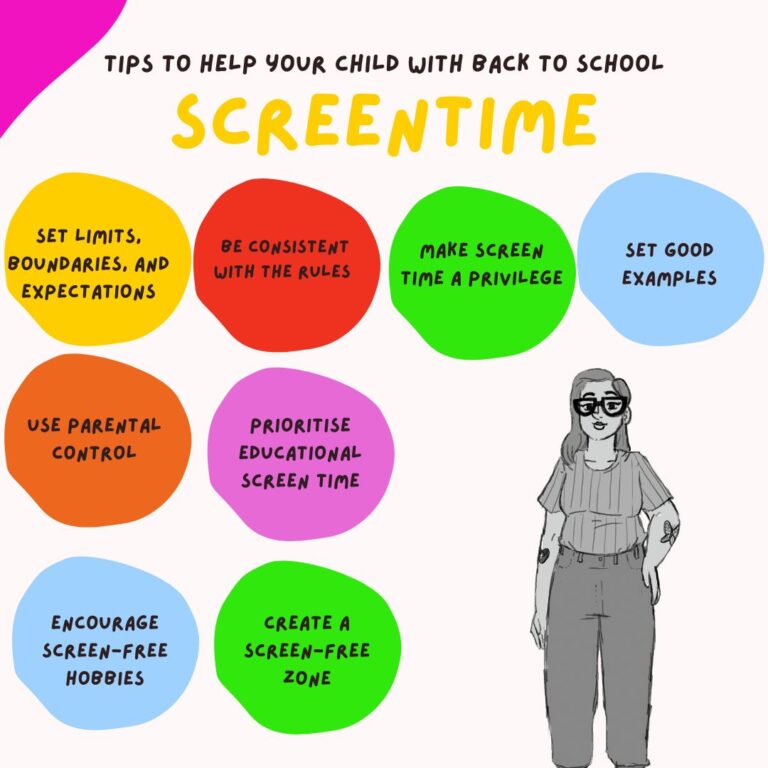
How to Talk to Your Child About Difficult Topic
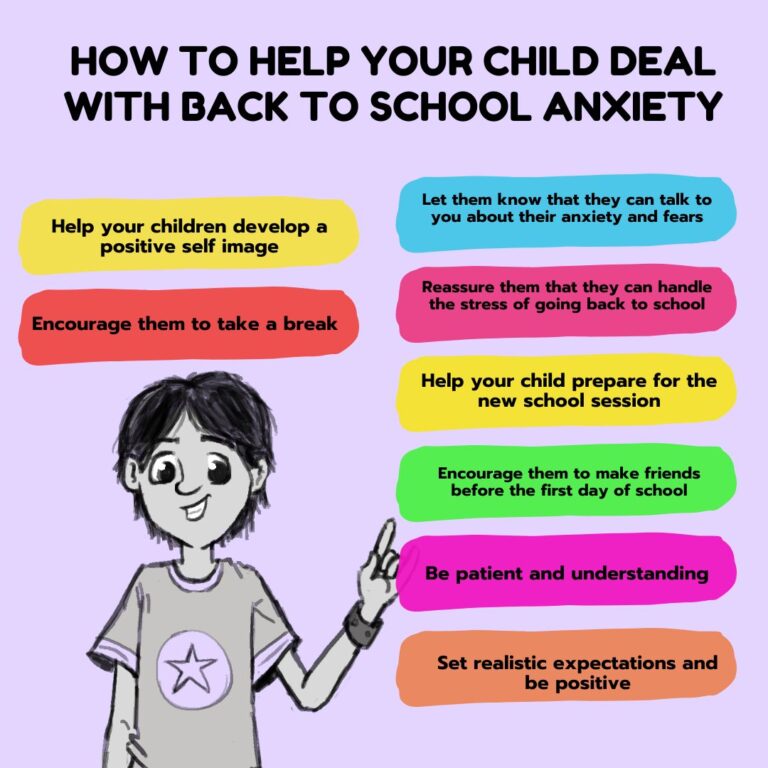
How to Help Your Child Prepare for Back-to-School Anxiety
